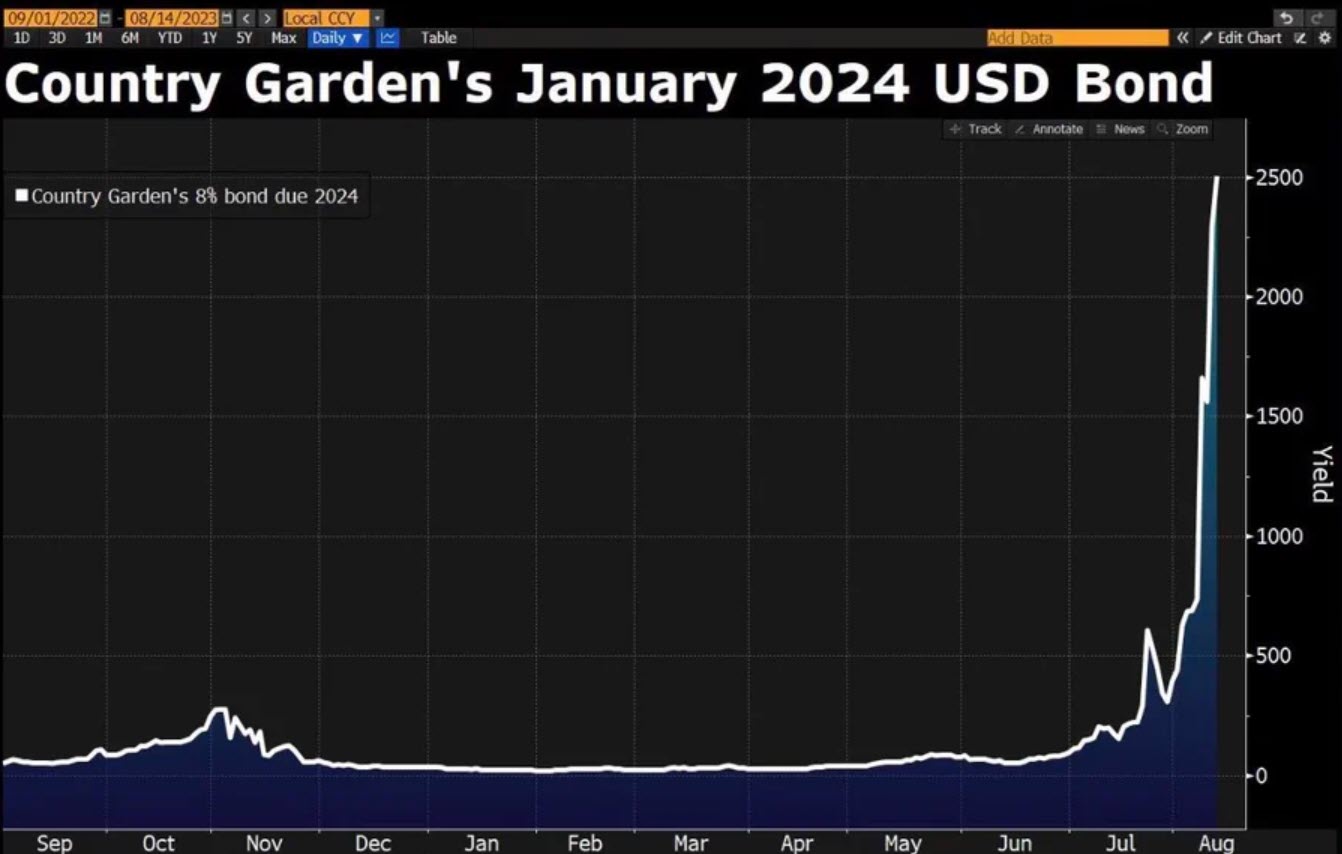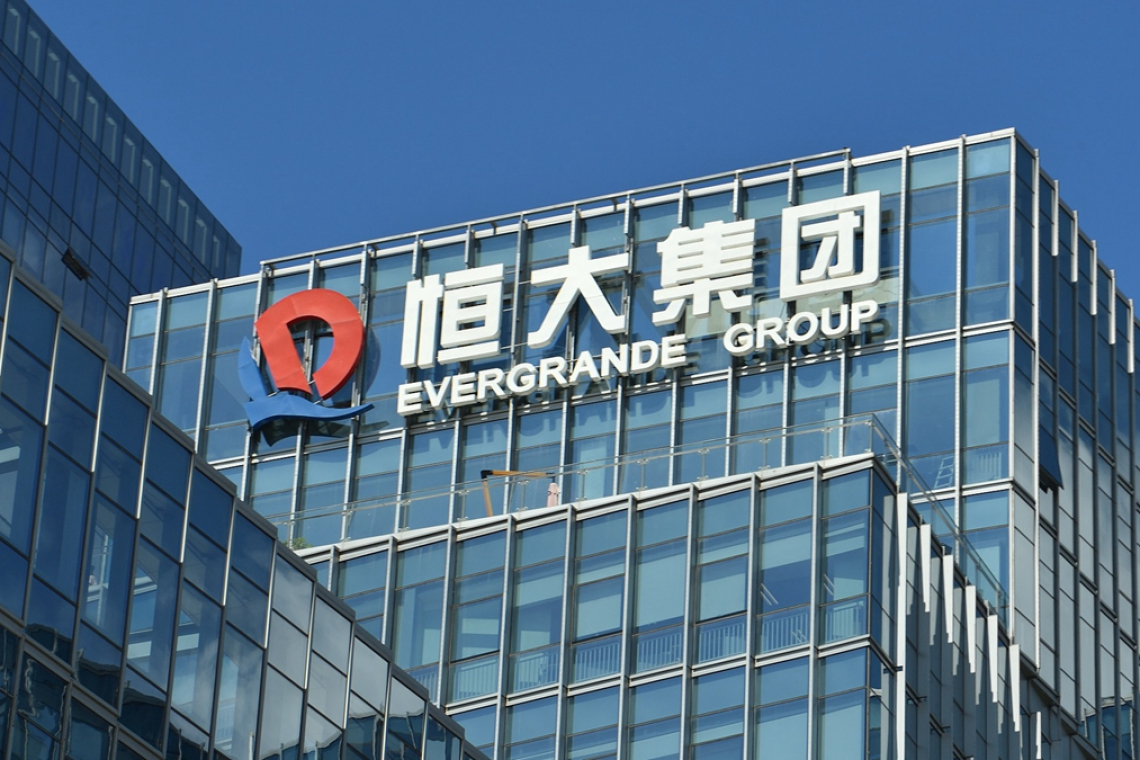China's second largest Property Developer, EVERGRANDE, has filed for, get this, Chapter 15 Bankruptcy. Yes, you read that right, Chapter 15, which is ancillary to a primary proceeding brought in another country, typically the debtor's home country.
Chapter 15 is a section in the U.S. Bankruptcy Code that was added in 2005 to provide for cooperation between U.S. courts and foreign courts when foreign bankruptcy proceedings touch upon U.S. financial interests.
The section was added in response to a United Nations recommendation for cooperation among nations on what it calls "cross-border insolvency."
The primary goal of Chapter 15 bankruptcy is to promote cooperation among U.S. courts, their appointed representatives, and foreign courts and to make legal proceedings of international bankruptcies more predictable and fair for debtors and creditors.
As such, Chapter 15 focuses on jurisdiction. It also tries to protect the value of the debtor’s assets and, when possible, financially rescue an insolvent business.1
United States Courts. "Chapter 15 - Bankruptcy Basics: Ancillary and Other Cross-Border Cases."
Chapter 15 allows a representative in a corporate bankruptcy case that has been filed outside the United States (also known as a “cross-border insolvency”) to obtain access to the U.S. court system. This is intended to provide an efficient and common-sense mechanism for addressing insolvencies that involve debtors, creditors, and assets associated with more than one country. The purpose of Chapter 15 is outlined in the following objectives listed in Title 11, Chapter 15, Section 1501 of the U.S. Code:2
- Promoting cooperation among U.S. courts and parties of interest and the courts of other countries involved in cross-border insolvencies
- Establishing a better legal foundation for cross-border investment and trade
- Providing for better administration of cross-border insolvencies that protects the interests of all parties
- Protecting the value of the debtor’s assets
- Assisting financially troubled companies
ANALYSIS
The fact that EVERGRANDE filed Bankruptcy in China, and is now doing the same in the US, is a staggering financial catastrophe. They are the second largest Property Developer in China.
U.S. Banks have severe exposure to loans to this company. This could turn into a "Black Swan Event" for US Banks.
Notice, too, the announcement of this Bankruptcy filing in New York City, was done AFTER markets closed for the day! Seemingly because they **know** the impact this is going to have . . .
UPDATE 6:08 PM EDT --
While EVERGRANDE is China's #2 Property Developer, it's bigger competitor, COUNTRY GARDEN, with annual revenues of more than $70 billion, is now also on the verge of collapse.
The company’s 8% bonds due in 2024 are trading at a paltry 9 cents, signaling massive losses for the bondholders. The yield is skyrocketing, meaning nobody expects it to be paid. China’s property meltdown continues.

Thus, with today's EVERGRANDE Bankruptcy filing in the USA, and the clearly-coming similar fate of China's largest Developer COUNTRY GARDEN, these two financial collapses could be a "one,two-punch" to the global financial system.
I have ZERO financial expertise or formal training. Yet, as a lowly financial laymen/neophyte, even I can see the writing on the wall over this.
If my analysis is correct, then I personally __SUSPECT__ we here in the U.S. could see tumult in financial sectors for, oh, I'd say about a month. Then, I'd put it between the dates of September 16 and September 22, that the full financial sector impact will be (ahem) "painfully" evident in US financial circles. I suspect BIG . . . . REALLY B I G impact.
Watch Europe over the next two weeks. Europe will go first. They've already seen about five-hundred thousand (500,000) German companies go Bankrupt THIS YEAR, mostly over Russia-related Sanctions. So economically, Europe is now hanging by just a few threads financially.
As European Banks go, so will US Banks. Watch Europe closely over the next two weeks.


